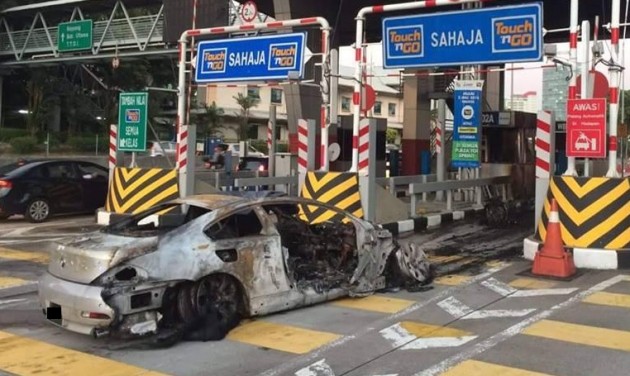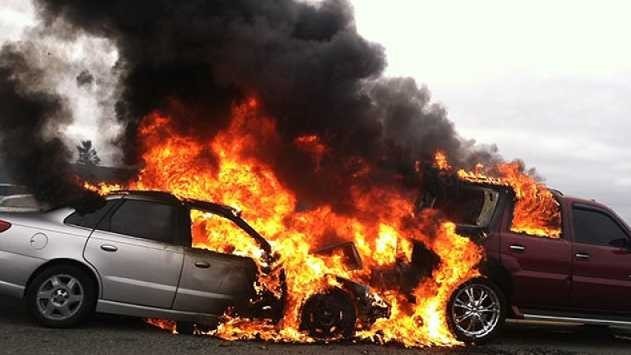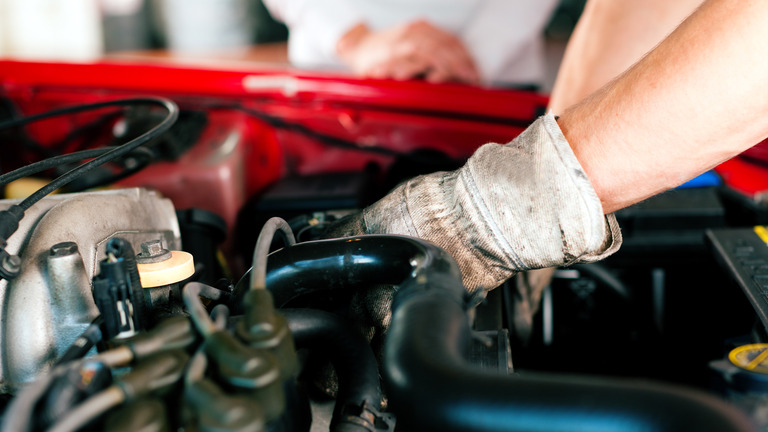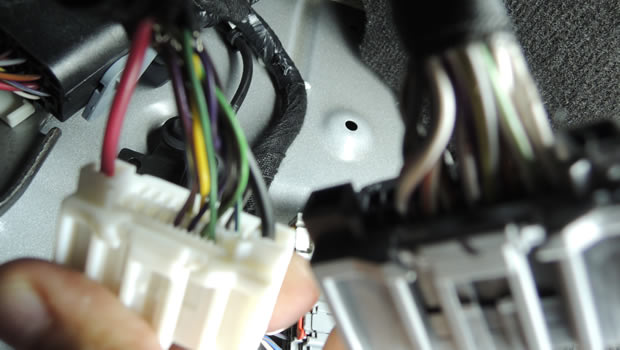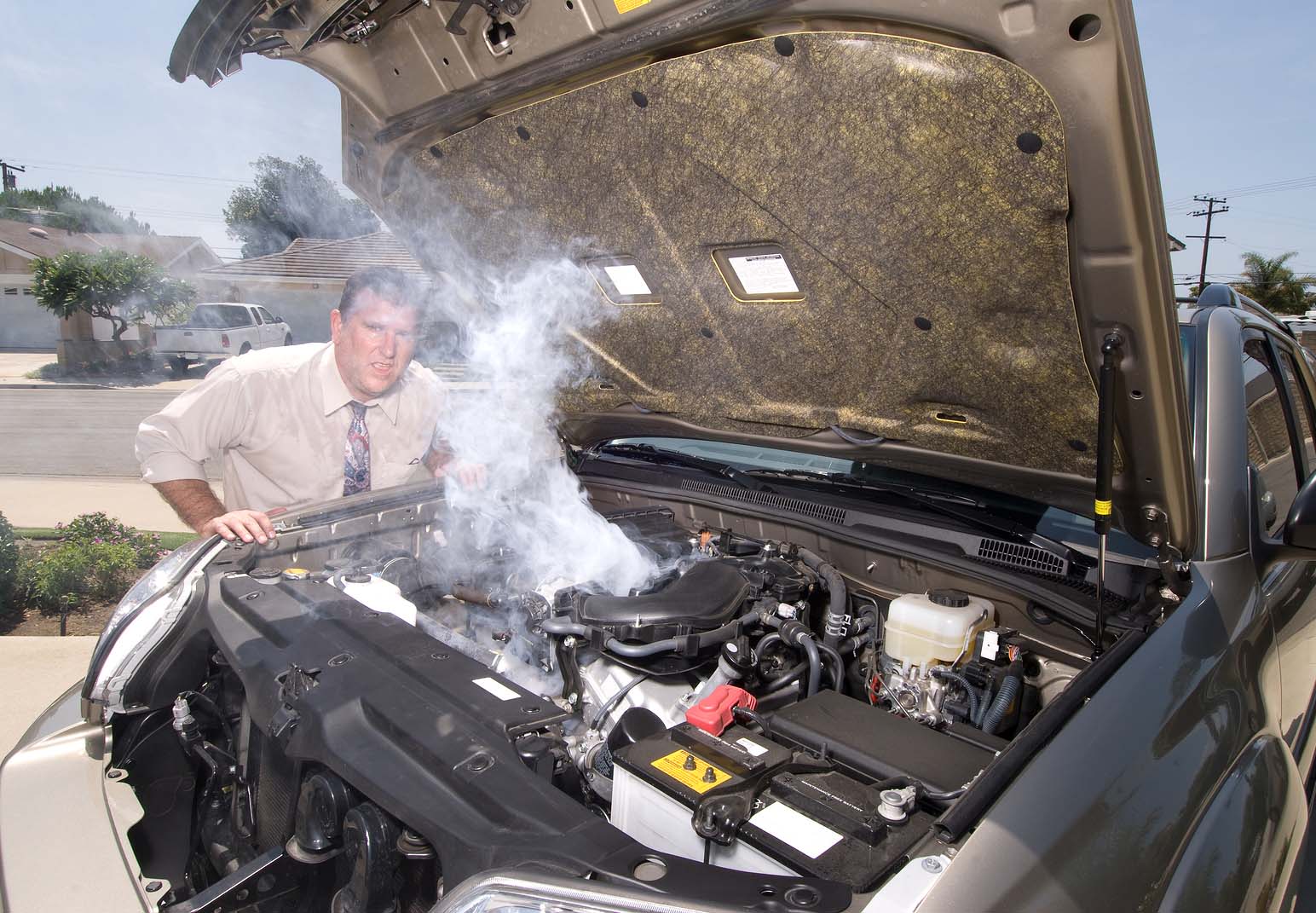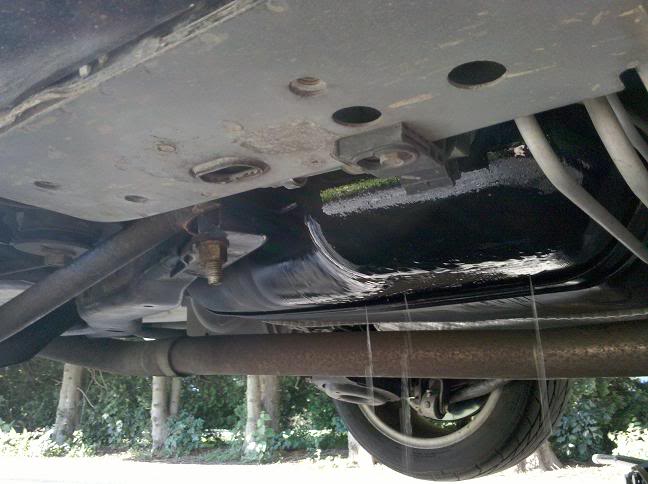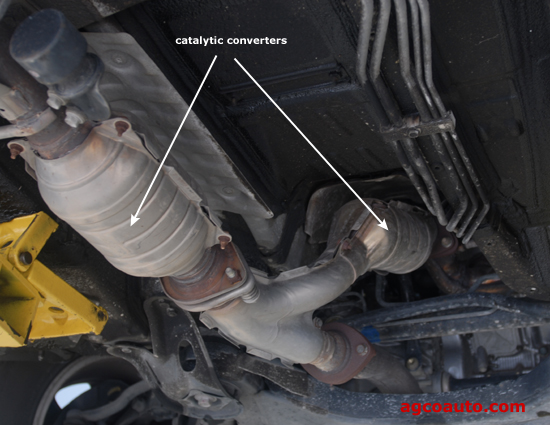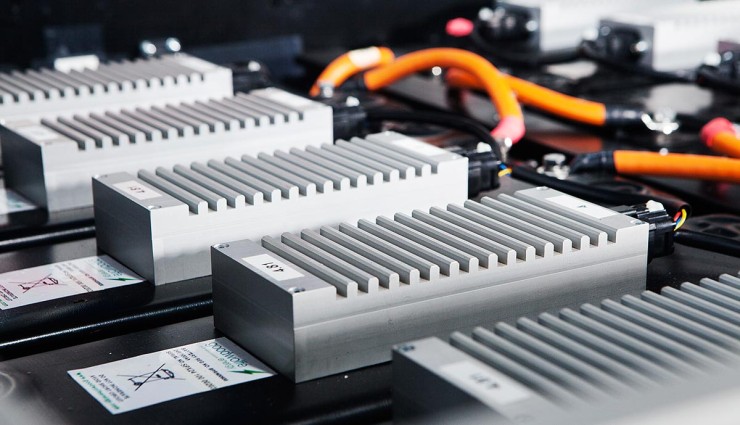Poor Maintenance And 6 Other Reasons Why Your Car Could Catch Fire
Car fires can be ignited out of the blue.
Awhile back, a BMW 6 series caught on fire at a toll in Sprint Highway. The driver, who was intoxicated and asleep, died in the fire.
The incident, which took place at the Plaza Toll B on Sprint Highway, happened on 29 March in the wee hours of the morning. A worker tried to wake the driver up but failed.
BMW Malaysia quickly responded to the incident with a statement saying that it will offer its expertise to the authorities for investigation purposes
The cause of the fire has not been determined.
The question remains - how do cars catch on fire? Intrigued, we did some research and identified some factors that could lead to cars on fire:
1. Car crash
While most car crumple zones are designed for the sheet metal to absorb the impact around dangerous areas such as the engine, fuel tank and battery, a hard hit can still cause fluid leaks and spillage which can cause a fire.
2. Poor maintenance
If you're sloppy about maintenance, your car is going to be a lot more dangerous in general, and the increased likelihood of a car fire is just part of the greater risks you're taking. It's true, forgetting or neglecting to properly take care of your car can indirectly lead to a vicious fire.
That's because if you let broken parts, leaky seals, or faulty wiring go without repairs, it'll make your car a lot more stronger to the conditions that cause a fire.
3. Wiring and battery failure
A car's electrical wiring runs throughout the entire car, which is why a frayed wire could wreak havoc.
Besides that, standard batteries combined with poor wiring are also capable of causing a car fire. A standard battery's charging cycle can cause a build up in the engine bay, and the electrical charges will produce sparks that can ignite leaked fluids.
4. Engine overheating
An overheated engine is often the cause of a fire. When an engine overheats it can make the internal fluids rise to dangerous temperatures and spill out of their designated areas of circulation. When they find their way to other hot parts of the car, the ignition is easily sparked.
5. Fuel leaks
Leaks in the fuel system are the most common cause of vehicle fires. A lot of car fluids are flammable and corrosive, but none can compare to gasoline. Gasoline at a temperature of just 7.2 degrees Celsius can quickly catch from just a simple spark. Imagine some spillage of gasoline drops onto hot metal parts, it would instantly cause a fast-spreading fire.
6. Catalytic converters overheating
A catalytic converter is a device that uses a catalyst to convert three harmful compounds in car exhaust into harmless compounds. Many people don't realise that catalytic converters are very prone to overheating because they work very hard to separate pollutants. An overworked catalytic converter can easily jump to temperatures of around 1,093.3 degrees Celsius which can be damaging to the car and its surroundings.
7. Electric batteries
Throughout 2011 and 2012, the Chevy Volt made headlines when a bunch of test vehicles caught fire during impact testing. Manufacturers determined that in most of these cases, leaking coolant interacted with the damaged batteries to spark the blaze. There are still potential risks when it comes to electric batteries, which is why there aren't a lot of electric vehicles on the road at the moment.
